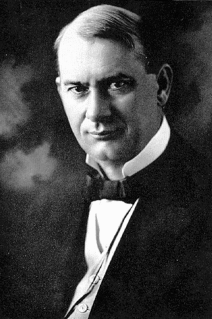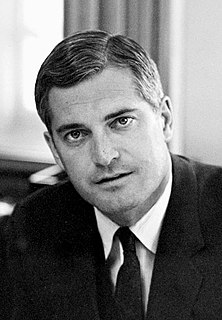A Quote by Elaine Pagels
I got to thinking about the Book of Revelation that was written by a Jewish prophet who was also a follower of Jesus who hated the Roman Empire. I realized that the Book of Revelation could be a way to reflect on the issue of religion's relationship to politics.
Related Quotes
I believe in revelation, but not in revelation which each religion claims to possess, but in the living revelation which surrounds us on every side - mighty, eternal, unceasing, incorruptible, clear, distinct, universal as is the being from whom it proceeds, in that revelation which speaks to us and penetrates us from the moment we are born until we die.
How wonderful it is that we believe in modern revelation. I cannot get over the feeling that if revelation were needed anciently, when life was simple, that revelation is also needed today, when life is complex. There never was a time in the history of the earth when men needed revelation more than they need it now.
But perhaps the greatest attraction of Mormonism was the promise that each follower would be granted an extraordinarily intimate relationship with God. Joseph taught and encouraged his adherents to receive personal communiqués straight from the Lord. Divine revelation formed the bedrock of the religion.
One major difference between Mormons and evangelicals on the subject of revelation is that Latter-day Saints believe that God has appointed modern-day prophets and apostles to receive revelation for Christ's church. All church members may receive revelation appropriate for their particular callings or positions within the church and their families, but never in contradiction to church doctrine or policy. So Mormonism has both a democratic practice of revelation that would resonate with evangelicals, but also an institutional understanding of revelation foreign to evangelicalism.





































